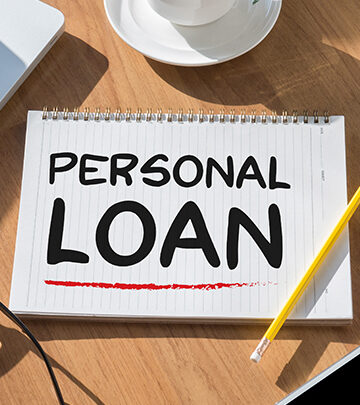While looking at loan applications, lenders prioritize monthly income and consistencies. This means lenders are cautious about accepting loan requests from self-employed people. Self-employed people usually have inconsistent monthly revenue, which can go up or down depending on their monthly client base.
All this doesn’t mean you can’t get a loan if you’re self-employed. However, some workers will have to provide more documents to prove their income is stable enough to repay the loan without delays.
There are numerous loan options for self-employed people, and personal loans have always been popular. This is because they have reasonable terms and are more likely to approve self-employed people. So how do you apply for a personal loan when you are self-employed? And what will you need to submit as proof? Read this information to help you get accepted.
Documents You Will Need to Submit:
Most of the requirements are the same for full-time employees and self-employed people, but you might need to submit a few extra documents to get a self employed personal loan:
Personal information
You will have to submit personal information, such as your social security number, state of residence, and contact information, along with bank statements, to prove that you are eligible to apply.
Financial information
You will be asked to submit proof of income to show you can pay off the debt. Since self-employed people don’t have paychecks, you must submit income tax returns, business account statements, and personal expenses or bills to show you can handle the debt.
Nature of employment
Lenders want borrowers to have stable employment. If they feel you are new in your occupation or seasonal work, they may turn down your loan request or charge you higher interest rates. A person who has worked in the field for over a few years will have more experience handling inconsistent income and will be considered a lower credit risk.
Loan requirement
You will need to explain why you need the loan and how you plan to repay the loan on time. The more you can assure the lenders that you can repay the loan, the higher the chances of your loan application getting approved.
How To Prove Your Income as a Self-Employed Worker
Full-time workers receive salary documents that they use as proof of income. Self-employed people have no such salary stubs to submit. Here are some documents that you can offer to prove your income and financial responsibilities:
Tax returns
Submitting your tax returns for the past two years is an excellent way to show that your income is stable enough and that you can handle your finances well.
Business account statements
Whether you have a business account or use your bank account, you must submit these statements to show the consistency of your income.
1099 form
Independent contractors should submit their 1099 MISC tax returns. Lenders typically check this to determine the stability of your income.
Will Loans Have Higher Interest Rates for Self-employed People?
Lenders will check your credit score, history, income, and personal expenses to determine if you should get the loan or not. If your credit score and history are good, they may offer you a lower interest rate. However, if your score is average and your income is not as stable as the lenders would like, you may get charged a higher interest rate.
Conclusion
Getting a self-employed personal loan can be tricky, but with the proper research and documents, you can get a personal loan. You will need to put more effort into it than a full-time employee, but it’s achievable. With so many financial options available for self-employees, we hope this helps you find the right choice.



















